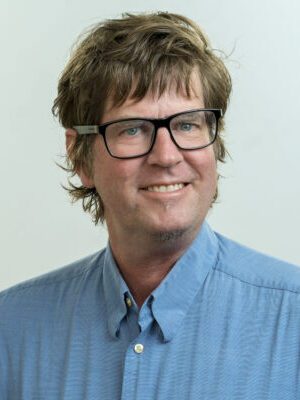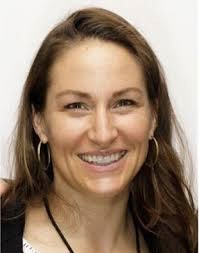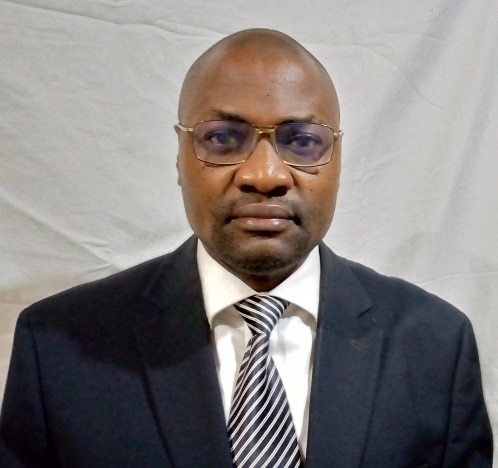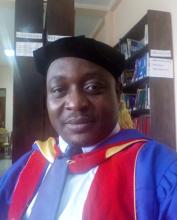Harnessing Data Science to Promote Equity in Injury and Surgery for Africa (D-SINE)

Alan E Hubbard
MPI
Catherine Juillard
MPI
Tsague Nguefack
MPI
No website available

Research Hub

1U54TW012087-01

Trauma and other surgically treated conditions are a crippling, unaddressed burden of disease that disproportionately impacts sub-Saharan Africa (SSA) globally. The Data Science Center for the Study of Surgery, Injury, and Equity in Africa (D-SINE-Africa) is a strategic partnership between the University of Buea (Buea), the University of California (Los Angeles (UCLA) and Berkeley), the Cameroonian Ministry of Public Health, the African Institute for Mathematical Sciences in Cameroon, and the University of Cape Town in South Africa. D-SINE Africa will address the intersection of health disparities with the risk factors and outcomes associated with injury and surgical disease in SSA. Although more abundant than ever, data is still a limited resource in low- and middle-income countries. Our approach views big data available in SSA as an opportunity to develop sustainable data-constrained approaches appropriate for resource-constrained settings. Thus, data science will be harnessed to address our Hub's two main goals which are;1) to decrease the burden of injuries and surgical diseases through improved surveillance, prevention, and treatment; and 2) to improve access to quality surgical care in Cameroon and other SSA countries. These goals will be achieved through three specific aims: 1) Research 2) Networking and 3) Capacity Building. These aims implemented through three cores (Administrative, Data Management and Analysis, and Capacity Building Cores) and two Research Projects that will be conducted in Cameroon, South Africa, and Uganda. Research Project 1 - Health Equity Surveillance addresses the urgent gap in rapid socioeconomic (SES) estimation necessary to track health equity in acute care settings by applying a clustering algorithm to existing publicly available Demographic and Health Surveys data sets for SSA. Research Project 2- Trauma Follow Up Prediction aims to improve trauma outcomes by using machine learning to optimize a mobile phone-based screening survey that will identify which trauma patients would benefit from further care after they are discharged from the hospital, again using a data reduction big data to small data approach in line with the Hub's commitment to sustainable data use practices. These projects utilize common data sources (Cameroon Trauma Registry), have harmonizing themes (injury, equity, and data reduction), and will yield findings that can be used together (e.g., identification of SES groups vulnerable to poor follow up care). The Hub has innovatively built community engagement vehicles into the Internal Advisory Board to promote a multi-faceted approach to building trust with research participants and end-users. D-SINE Africa efforts will drive innovation and impact in data science, injury, and equity research to improve access to surgical disease prevention and care, including those whose SES conspires to increase their vulnerability to injury and surgical conditions while reducing consistent surgical care access. D-SINE Africa's strategic partners joint infrastructure are available for use by its members and DSI-Africa consortium at large.
